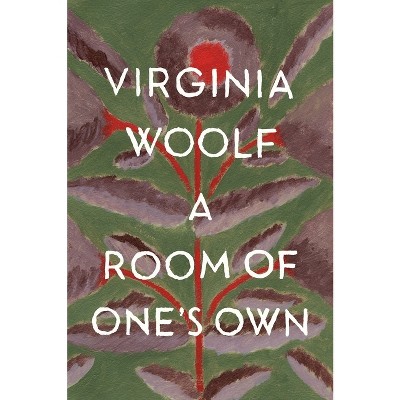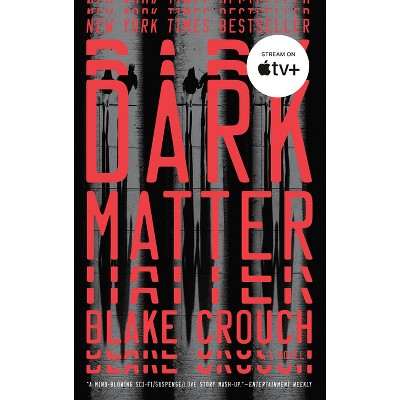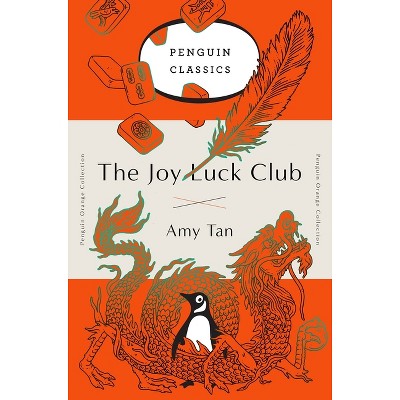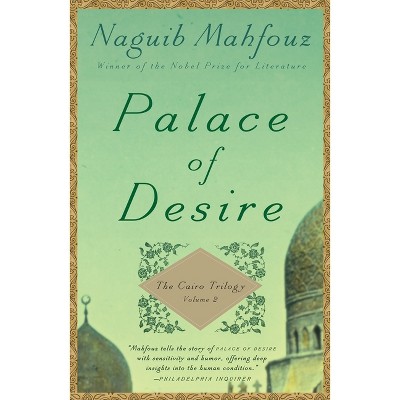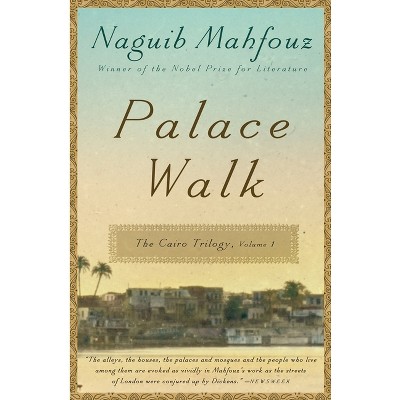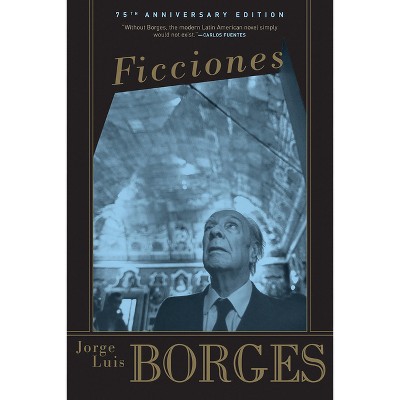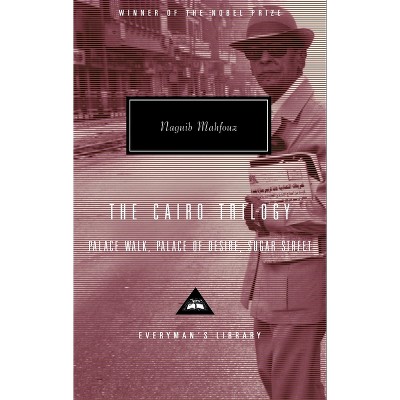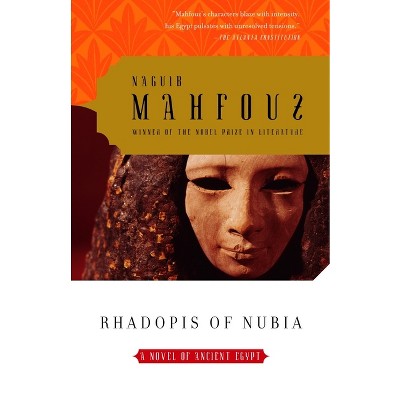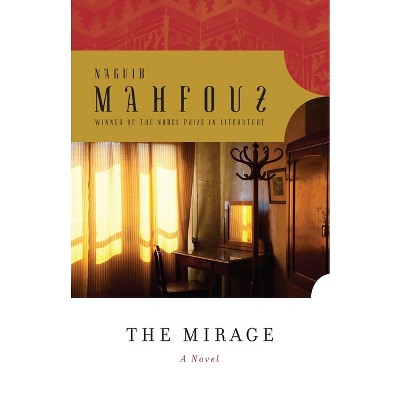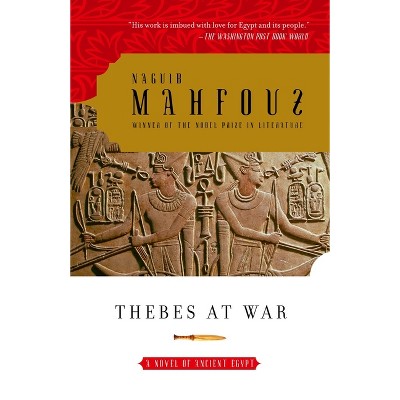About this item
Highlights
- Sugar Street is the final novel in Nobel Prize-winner Naguib Mahfouz's magnificent Cairo Trilogy, an epic family saga of colonial Egypt that is considered his masterwork.
- About the Author: Naguib Mahfouz was born in Cairo in 1911 and began writing when he was seventeen.
- 336 Pages
- Fiction + Literature Genres, Sagas
- Series Name: Cairo Trilogy
Description
Book Synopsis
Sugar Street is the final novel in Nobel Prize-winner Naguib Mahfouz's magnificent Cairo Trilogy, an epic family saga of colonial Egypt that is considered his masterwork.
The novels of the Cairo Trilogy trace three generations of the family of tyrannical patriarch al-Sayyid Ahmad Abd al-Jawad, who rules his household with a strict hand while living a secret life of self-indulgence. Sugar Street brings Mahfouz's vivid tapestry of an evolving Egypt to a dramatic climax as the aging patriarch sees one grandson become a Communist, one a Muslim fundamentalist, and one the lover of a powerful politician. Filled with compelling drama, earthy humor, and remarkable insight, Mahfouz's Cairo Trilogy is the achievement of a master storyteller. Translated by William Maynard Hutchins and Angele Botros SamaanReview Quotes
"A masterful kaleidoscope of emotions, ideas, and perspective. Mahfouz has captured a family and its homeland at one gloriously varied moment in a cycle." --Newsday "Mahfouz's characters blaze with intensity, his Egypt pulsates with unresolved tension." --The Atlanta Constitution "A resonant tour de force, a superbly written novel. One of the most enjoyable books of recent memory." --St. Louis Post-Dispatch "Mahfouz presents us with a different concept of the world and makes it real. His genius is not just that he shows us Egyptian colonial society in all its complexity; it is that he makes us look through the vision of his vivid characters and see people and ideas that no longer seem so alien." --Philadelphia Inquirer
About the Author
Naguib Mahfouz was born in Cairo in 1911 and began writing when he was seventeen. His nearly forty novels and hundreds of short stories range from re-imaginings of ancient myths to subtle commentaries on contemporary Egyptian politics and culture. Of his many works, most famous is The Cairo Trilogy, consisting of Palace Walk (1956), Palace of Desire (1957), and Sugar Street (1957), which focuses on a Cairo family through three generations, from 1917 until 1952. In 1988, he was the first writer in Arabic to be awarded the Nobel Prize in Literature. He died in August 2006.
Shipping details
Return details
Guests also viewed
